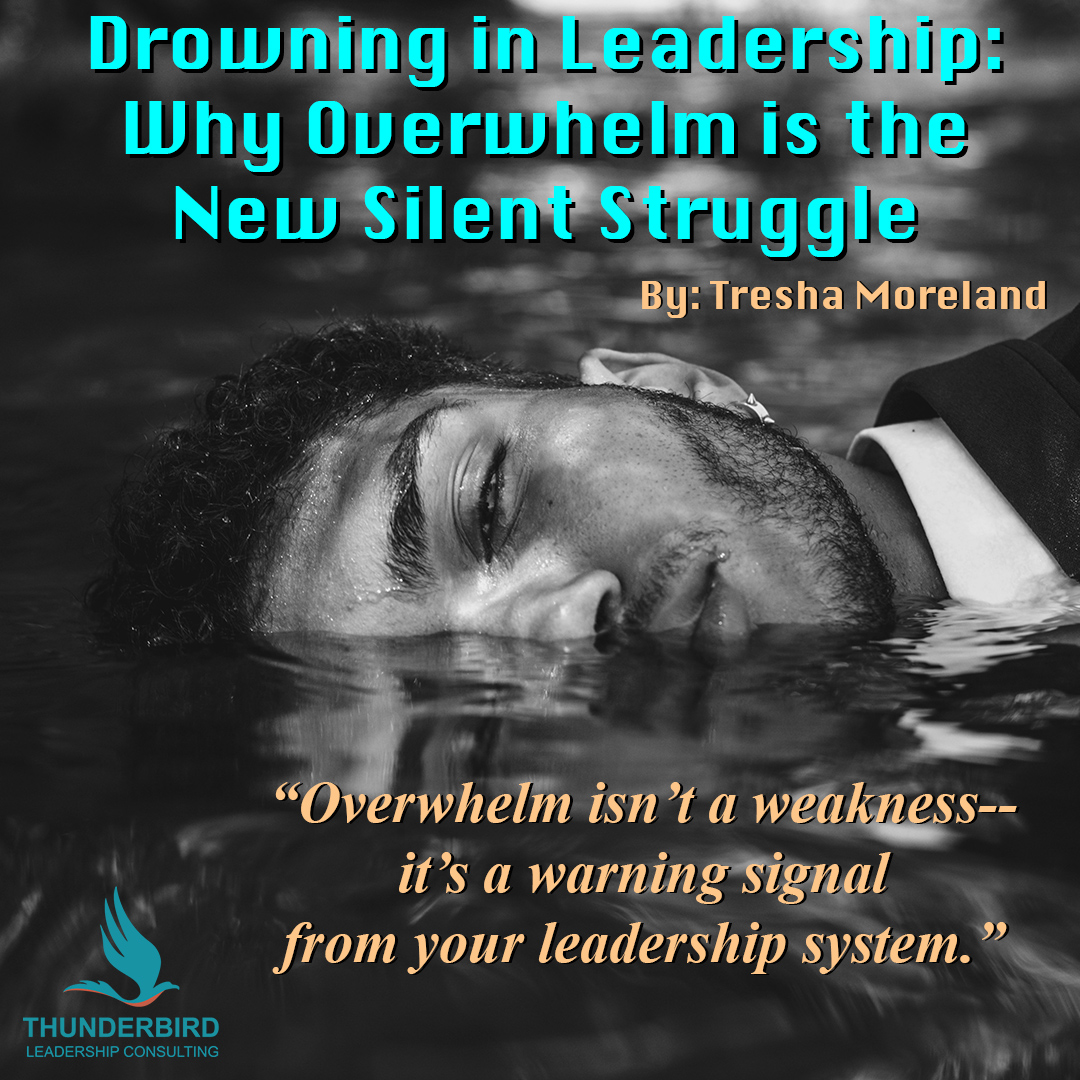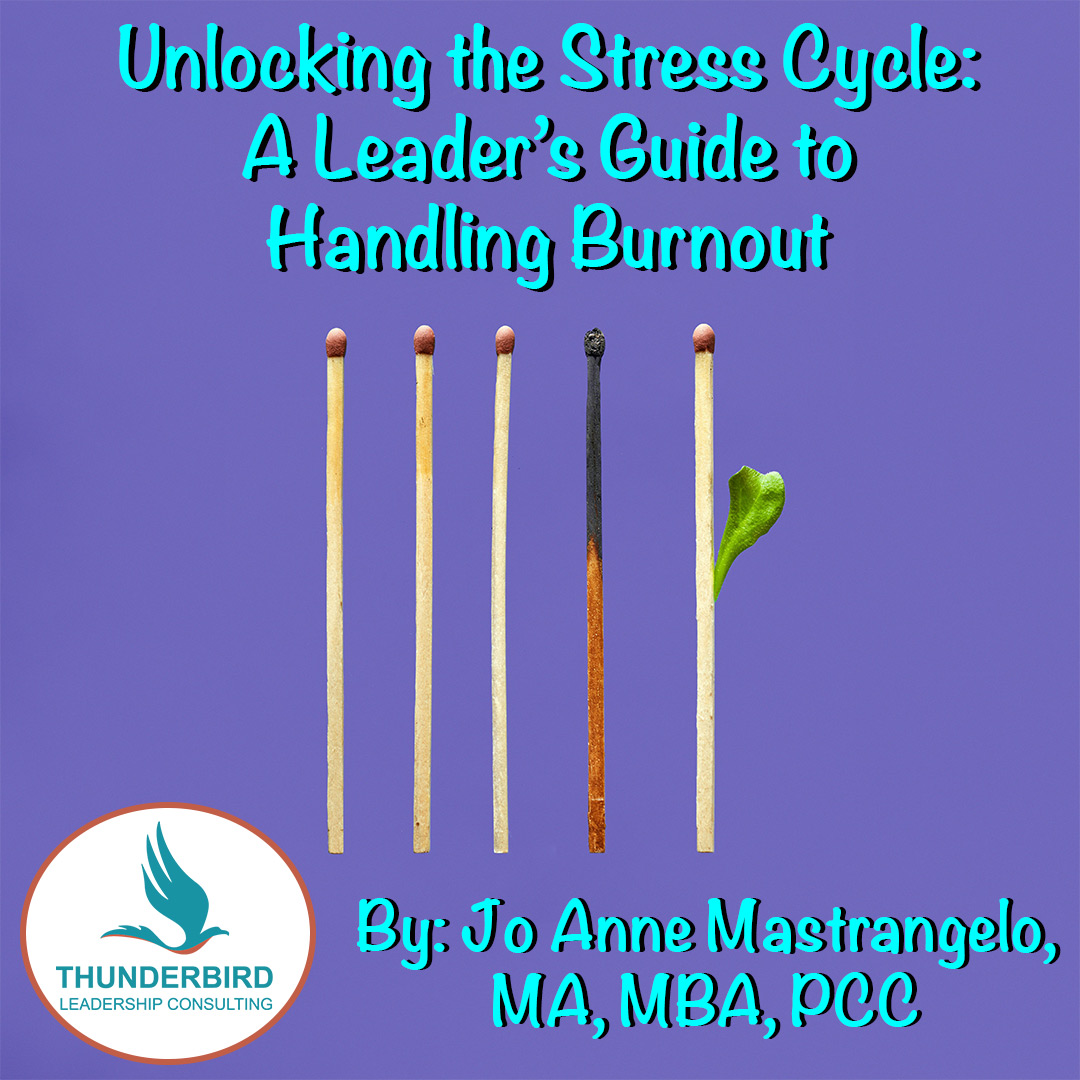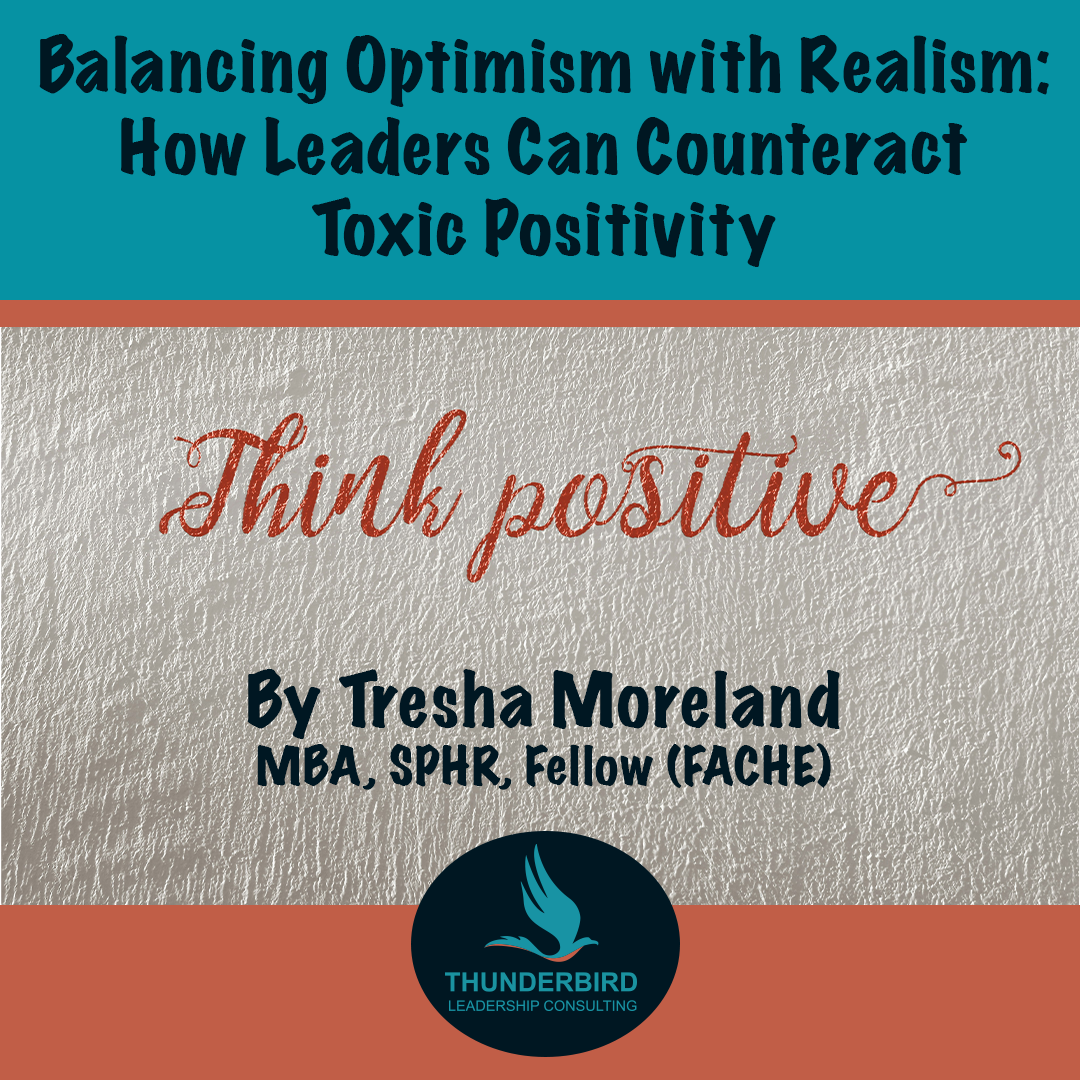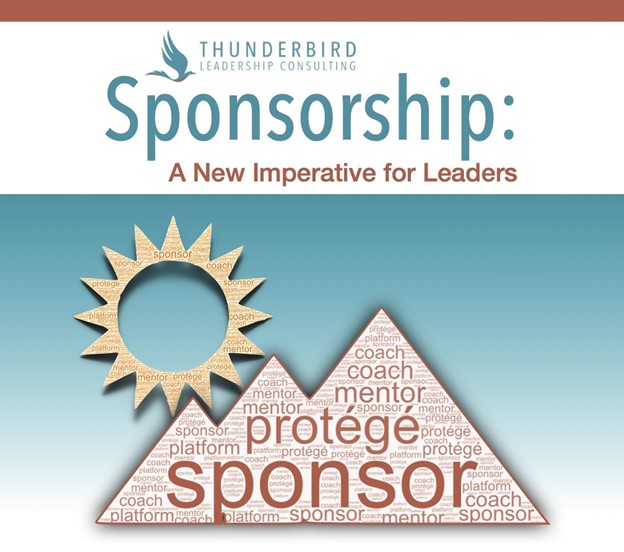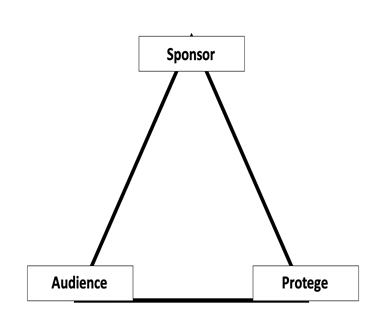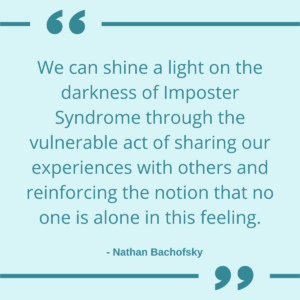By Teresa Ong
At the League’s 2024 Innovations Conference, Chancellor Lee Lambert from Foothill-De Anza (FHDA) Community College District and Dorothy Sisneros from Thunderbird Leadership Consulting (TLC) presented a session on teaming and context-based coaching as a method for executive leaders to cultivate and sustain high-performing teams. FHDA is actively implementing teaming and context-based coaching as part of its leadership professional development initiatives. This article provides a first-hand narrative of the use of this approach with two college leadership teams.
College Context
FHDA is a two-college district with two college presidents who report to the chancellor. In 2023, the district welcomed a new president at Foothill College followed by a new chancellor, all within a span of five months. Within his first 100 days in office, Chancellor Lambert brought in TLC to facilitate teaming sessions for the new Executive Leadership Team. It was imperative that he quickly grasp the lay of the land and immerse himself as part of the college team. Shortly thereafter, President Whalen at Foothill College invited TLC to do the same with the college-based Senior Leadership Team; she had already been working with the Foothill team for several months and wanted to accelerate their work.
Purpose of Teaming
Generally speaking, a team can be defined as a group of individuals with various expertise working together for a common purpose. Simply putting people together does not, however, equal creating a team, nor does it ensure that the group is effective or high performing. How one builds a team is essential to its success.
Teaming is the intentional shift from leaders thinking as separate and distinct individuals to seeing themselves as members of the organizational team (Stein binder & Sisneros, 2024). A great way of explaining teaming is that it is a verb, not a noun (Harvard Business School, 2012). Teaming is a dynamic set of behaviors as well as a mindset anchored in shared values and expectations. And while teams and their goals may change, teaming does not.
Assessment and Alignment
TLC facilitators worked with FHDA’s chancellor and president to prepare and design sessions that were geared toward understanding each team member and their individual roles, followed by expectation setting. What did members of each team expect from each other? What did they expect from their leaders? Conversely, what did each leader expect from their respective teams? This process sets up team norms and defines how leaders treat each other; the right norms reinforce organizational alignment and create a cohesive culture (Duhigg, 2016).
For the team at Foothill College, this process began in early 2024 with monthly teaming sessions. Over the course of these sessions, the Senior Leadership Team engaged in deep conversations about shared values, individual work, and communication styles and how that might impact others. The team considered and learned how to have confidence in each other’s leadership and in themselves as a team. This does not happen in one or two team-building sessions, but over multiple facilitated gatherings.
Aside from cultural cohesion, another outcome from these sessions is a physical playbook that serves as a guide to which current and future leaders can refer. The playbook guides behavior and expectations and clearly spells out team values. It also presents clear frameworks for responding to difficult situations or new challenges, similar to playbooks used by professional sporting teams. During facilitated sessions, leaders role-play and practice various scenarios in a safe space so that when a situation arises, it is not everyone’s first time figuring out what they ought to be doing. In other words, teaming is to leadership teams as spring training is to baseball players. You have to practice playing together in order to work cohesively and deliver high performance.
Self-Awareness
An important aspect of teaming is for each leader to understand their inherent strengths, communication styles, and motivators. Every leader completed a personality profile and used it to improve their awareness of how their style could be dialed up or down to be more effective. Continuing with the baseball analogy, consider each leader as a pitcher on a baseball team facing a batter. The pitcher can adjust their fastball or curveball depending on which batter they face to garner three strikes. Similarly, a leader might adjust their work style in varying situations to be more effective.
FHDA used Everything DiSC (https://www.everythingdisc.com/).® by Wiley as its personality assessment tool and platform. What was most helpful was the ability to see each leader’s profile and compare how one aligns with others and where areas of tension might arise. The president’s executive assistant was offered the opportunity to take this assessment as her role supported the Senior Leadership Team. The awareness of her own personality coupled with a more granular understanding of the executive leaders she supported greatly improved her efficacy and leadership. This executive assistant is now leading the charge for other administrative assistants to take the assessment to help them excel in their work.
Everything DiSC has had a cascading impact at Foothill. It is a desired practice, not a mandated one. Aside from the administrative assistant team, three other divisions are slated to use this self-assessment tool to spark conversation. We should soon be able to see DiSC profiles across the college and district. Collectively, this has also resulted in a common language on work styles.
Context-Based Coaching
Context-based coaching, which is very different from typical executive coaching, is a key component to TLC’s teaming process. TLC coaches meet with TLC facilitators who provide context and meaning to the challenges leaders might face. Coaches are aware of the organizational culture and are updated on major issues that might be at the forefront of leaders’ minds. Each college leader works with a coach to build on their strengths and modify behaviors that impact the team or their efficacy. They help leaders build behaviors and perspectives that will enhance the success of the team first, which in turn creates success for the leader (Steinbinder & Sisneros, 2024).
One leader on the chancellor’s executive team describes coaching this way:
Coaching helps me as a leader when I am stuck on something. The coach is someone who understands the organization but is not in the organization. They have the context, dynamics, and know the other team members. Thus, they are able to quickly hone in on the issue. More importantly though, they help you grow as a leader.
Unlike a friend or colleague, a coach will really tell you the hard stuff. It could be a place of discomfort. In my first two sessions, my coach asked me to try something I would normally not do. It was uncomfortable. I was skeptical about it. I thought “really?” But after I reflected more on it, I gave it a try. It was very uncomfortable but it actually helped. That’s valuable. Those are not things we get from other sources.
Practicing Infectious Positivity
Working in higher education can often feel like you are on a losing team given the volatility of state budgets, student demands, and public pressures. Rituals of appreciation and celebration can help leaders to take themselves out of a sea of negativity and fear, and to rethink and reframe ideas and situations. This is similar to the practice of experiencing awe. Recent research suggests multiple psychological benefits to triggering awe on a daily basis, including decreased heart rate and deeper breathing (Reese, 2023). There is a sensation that you are part of something vast, bigger than yourself; it also quiets the negative self-talk. One of the best ways to practice awe is by witnessing the goodness in others.
In the first facilitated session at Foothill College, leaders were initially hesitant to show glee over a family birthday or to commend a colleague for a small gesture. Perhaps it is conventional thinking that leaders should only be wrapped up in serious thoughts, multi-tasking, and making tough decisions about budget cuts or managing difficult personnel. The practice of awe gives leaders permission to share and celebrate with others their moments of joy. Just the 5-10 minutes taken at the beginning of each weekly huddle to share appreciations and celebrations resets the tone and perspective of leaders. Taking the time to notice the goodness in others, to share someone else’s happiness, triggers joy and wonder, and reminds leaders of the good they originally set out to do.
At Foothill College, this practice is currently being deployed beyond facilitated teaming sessions. It is practiced at Instructional Leadership Team and Administrative Leadership Team meetings. This practice of infectious positivity is a daily reminder of each leader’s personal desire to be a force for good in this world. More importantly, though, when the organization can share in one’s own personal joy, leaders can see themselves as part of the organization and not separate and distinct individuals. The culture shift is quite palpable.
Expanding Teaming Efforts
FHDA would like to scale efforts in teaming across the district. We are at a nascent but promising stage. Department teams have heard about it, and there is a groundswell of requests for such facilitation. There are skeptics, of course. Some of the push back received includes privacy concerns (“I don’t want my personality profile on a shared platform”), disbelief in the evidence for teaming (”This isn’t evidence-based”), and general cynicism (”This is academia, not corporate culture”).
To the naysayers, I offer this: Consider the Monday morning email from a colleague that starts with, “Hello team!” Do you cringe and say, ‘What team”? Or when you are at a meeting and no decision can be made, so more people are invited to the next meeting. Or perhaps you’ve been asked to go to a meeting, and you have no idea why you are there. Are you rolling your eyes yet? My personal favorite was being in a meeting whose task it was to understand why we had so many meetings. These are all symptomatic of being a team-in-name only. Work may be completed, and goals may be met, but at a much higher cost. At the core of such an organizational culture is dysfunction because there is no real team.
Conversely, teaming is about getting to a space where leaders can disagree, but still commit fully to decisions (Startup Archive, 2023). It is not a rah-rah team-building exercise, but, rather, a paradigm shift. Leaders across the organization have space to disagree, but they do not subsequently second guess that decision, snicker at it, or say “I told you so” when it fails. They move forward and execute the plans just like it is set out in the playbook. When this happens, the organization can begin to tackle more complex problems, and at a much greater speed, instead of simply reaching for the proverbial low-hanging fruit and settling for titanic speed. Many would agree that the problems community college leaders face are much more complicated and volatile than in years past, and that the role of community colleges is more essential now than ever before given the skyrocketing costs of higher education. Imagine if community colleges could pivot quickly and nimbly to deliver student-centered results. Doing so starts with investing in teams that drive organizational change. Teaming should be every community college executive’s number one priority.
References
Duhigg, C. (2016, February 25). What Google learned from its quest to build the perfect team. The New York Times Magazine. www.nytimes.com/2016/02/28/magazine/what-google-learned-from-its-quest-to-build-the-perfect-team.html (http://www.nytimes.com/2016/02/28/magazine/what-google-learned-from-its-quest-to-build-the-perfect-team.html).
Harvard Business School. (2012, April 25). The importance of teaming. Working Knowledge. https://hbswk.hbs.edu/item/the-importance-of-teaming (https://hbswk.hbs.edu/item/the-importance-of-teaming).
Reese, H. (2023, January 3). How a bit of awe can improve your health. The New York Times.
Startup Archive. (2023, December 18). Jeff Bezos explains what it means to disagree and commit [Video]. YouTube. https://www.youtube.com/watch?v=Afoh23PHVP0 (https://www.youtube.com/watch?v=Afoh23PHVPO).
Steinbinder, A, & Sisneros, D. (2024). Creating a vibrant organization using the dynamic leadership model and a teaming approach. Nursing Administration Quarterly, 48(2), 139-150.
Teresa Ong is Associate Vice President, Workforce and CTE Programs, at Foothill College in Los Altos Hills, California.
Opinions expressed in Leadership Abstracts are those of the author(s) and do not necessarily reflect those of the League for Innovation in the Community College.
Volume: 37, Number: 7 / July 2024 / Leadership Abstracts

